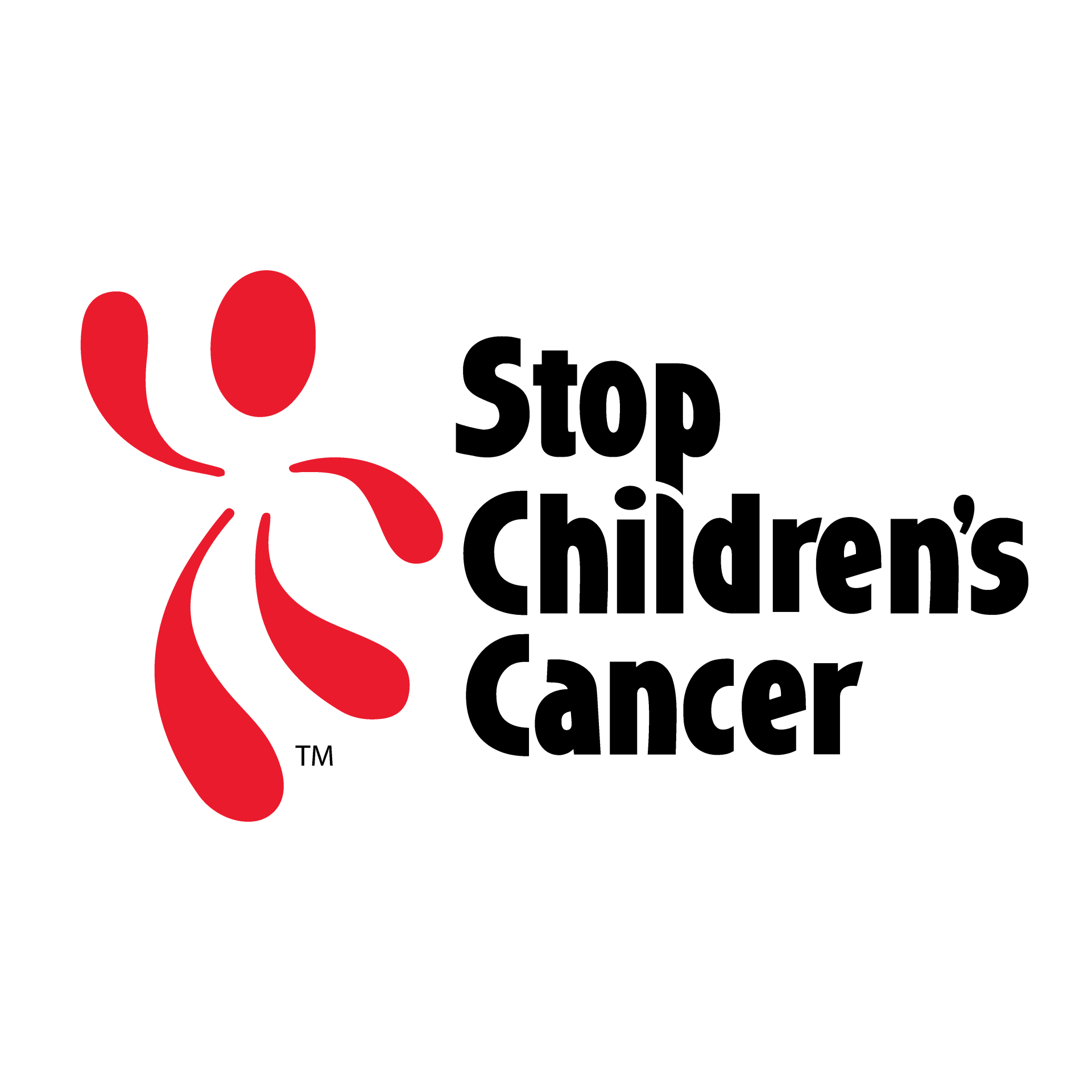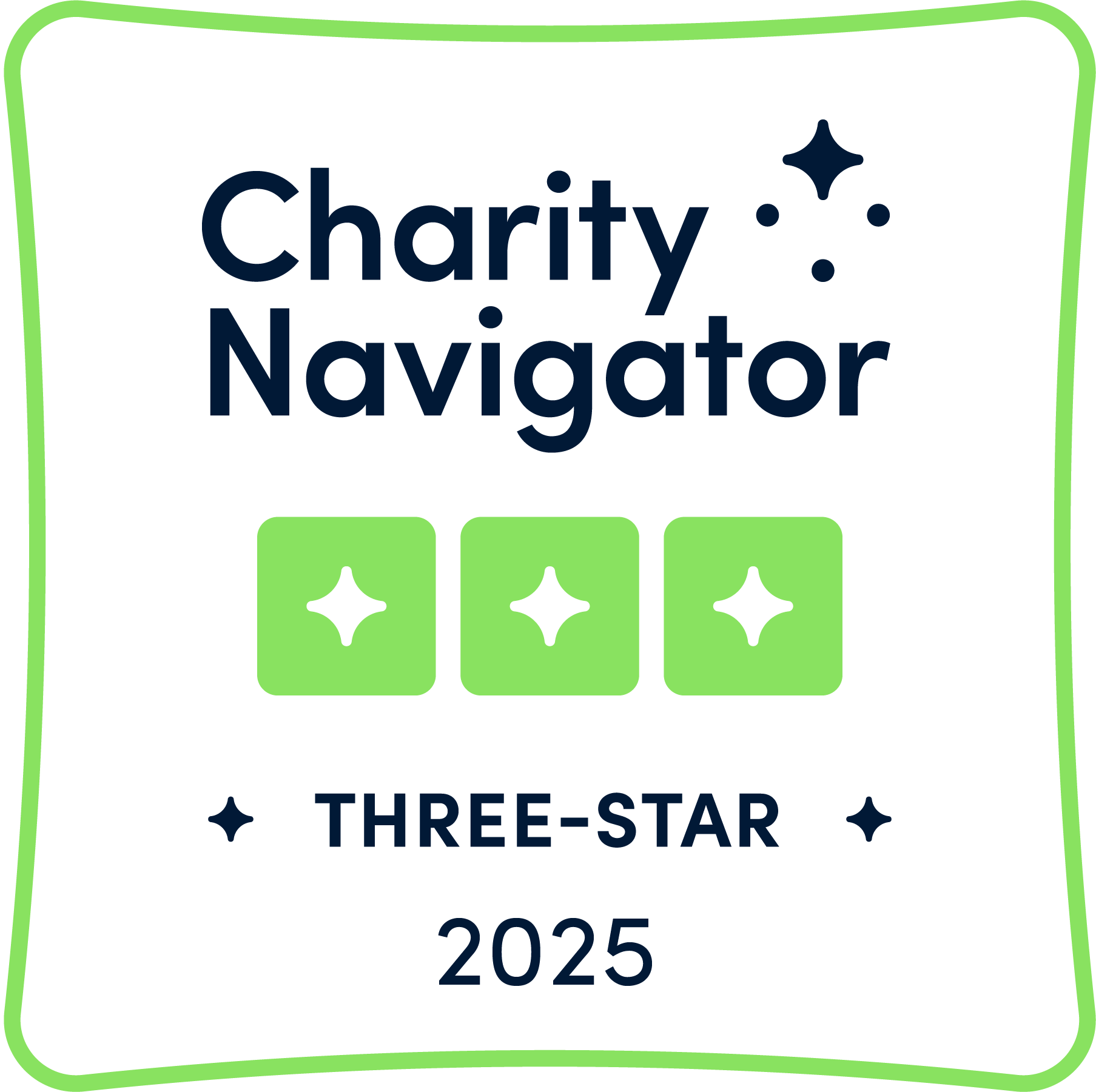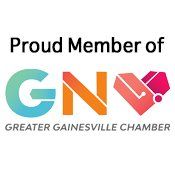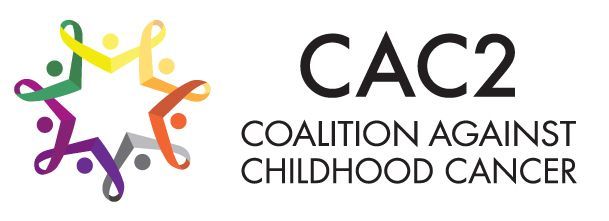Stop Children's Cancer / Bonnie R. Freeman Clinical Trials & Innovative Therapies
Dr. Moore-Higgs and her team, with their meticulous attention to detail, ensure all Research Clinical Trials are implemented safely. Trial documentation is very labor-intensive to comply with Federal Drug Administration (FDA) Regulations. Supporting the Clinical Research Team enables the doctors and researchers many possibilities.
There are multiple trials being conducted that enhance the care of children in our community. Stop's clinical trial funding benefits our children by a) providing new medications for children who relapse and have very few treatment options; b) finding better methods of supportive care and chemotherapy-related side effects; c) supporting researchers to develop their new ideas; and d) supporting the time it takes for physicians to partner and collaborate with others.
Trials that Stop has supported have led to improved prevention, control and cures of childhood cancers.
Impact
In 2007, the Department of Pediatric Hematology / Oncology at the University of Florida College of Medicine had 2 Research Clinical Trials open. Stop Children's Cancer grants have supported Dr. Moore-Higgs and her team, and now, over 1,300 Research Clinical Trials.
Stop Children's Cancer Funding History
In 2007, the Medical Advisory Council of Stop Children's Cancer suggested investing in Research Clinical Trials. Understanding the importance of sustaining and ensuring the continuation of these life-saving Trials, by 2027, Stop Children's Cancer will have invested $3,250,000 to strengthen the success rate of curing childhood cancers. See History
Clinical Trial Breakthroughs
The Stop Children’s Cancer/Bonnie R. Freeman Clinical Trials and Innovative Therapies Program is a shining example of this generosity. For the past decade this program has provided over $2 million to support pediatric cancer clinical trials, under the direction of Dr. Gigi Moore-Higg. As a result, more than 1,000 children with cancer have enrolled in clinical trials, including several studying the use of new medicines and technologies, best treatment practices, and the biology of pediatric cancer. These highly collaborative trials involve hundreds of pediatric cancer centers around the world and are among the best trials modern science has to offer. They have made major discoveries to improve the survival and quality of life of children with cancer. Stop Children’s Cancer can take pride in supporting children from our community who participate in these trials.
Discoveries made through these clinical trials help children worldwide:
1. The addition of a monoclonal antibody to GD2 called dinatuximab was first tested by the Children’s Oncology Group, and many of our children received this medication. In 2015, the FDA approved this medication for children with high risk neuroblastoma based on the COG trial. This medicine has improved the cure rate in high risk neuroblastoma from 50% to over 70%. Since its discovery, approximately 6,400 children in the U.S. have received dinatuximab, and 1,300 children are alive and well who would have died without it. For the potential impact this discovery has worldwide, dinatuximab could possibly prevent the death of 52,000 children over this eight-year time frame.
2. In 2018, a clinical trial adding the T-cell targeted medication nelarabine to the treatment of patients with T-cell acute lymphoblastic leukemia improved outcomes by 10%. As a result, 5,000 children have been treated with nelarabine since this discovery, with approximately 500 children alive and well in the U.S. More than 20,000 patients worldwide could be impacted by this discovery.
3. In 2021, it was discovered that the replacement of traditional chemotherapy blocks with the bicistronic antibody blinatumomab improves the cure rate in recurrent B-cell acute lymphoblastic leukemia by 20%. Since this discovery, over 1,000 children with ALL relapse have received blinatumomab, and 200 are alive and well in the U.S. Potentially 8,000 patients worldwide could benefit from this discovery.





